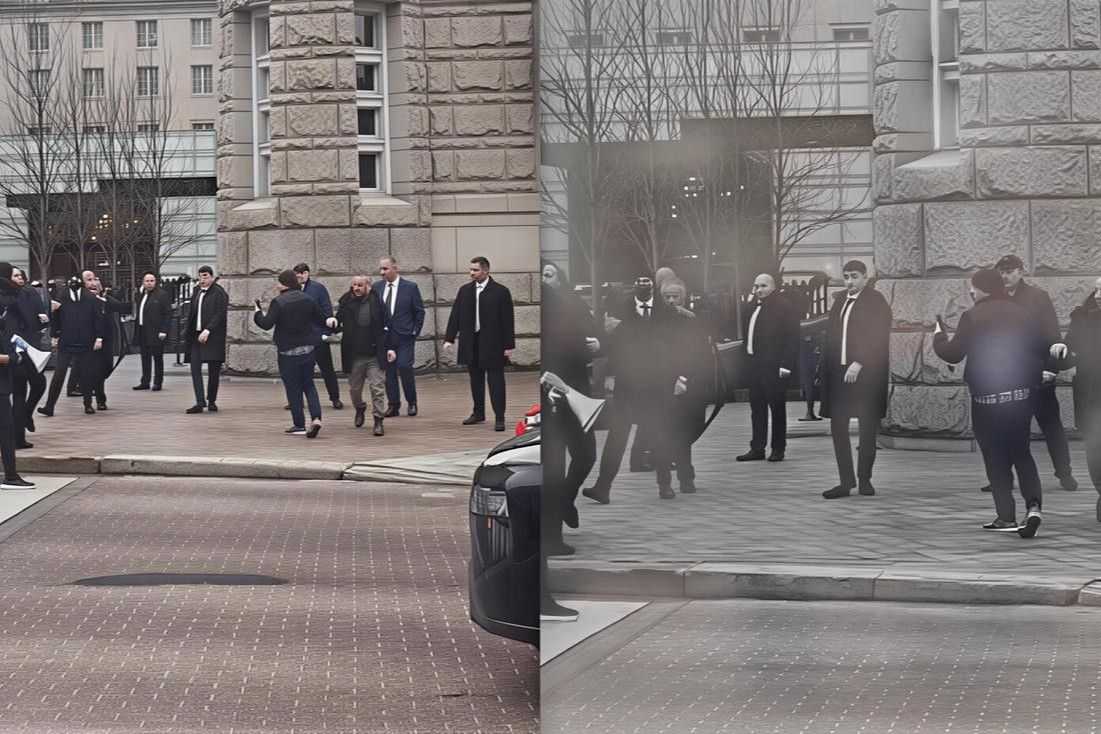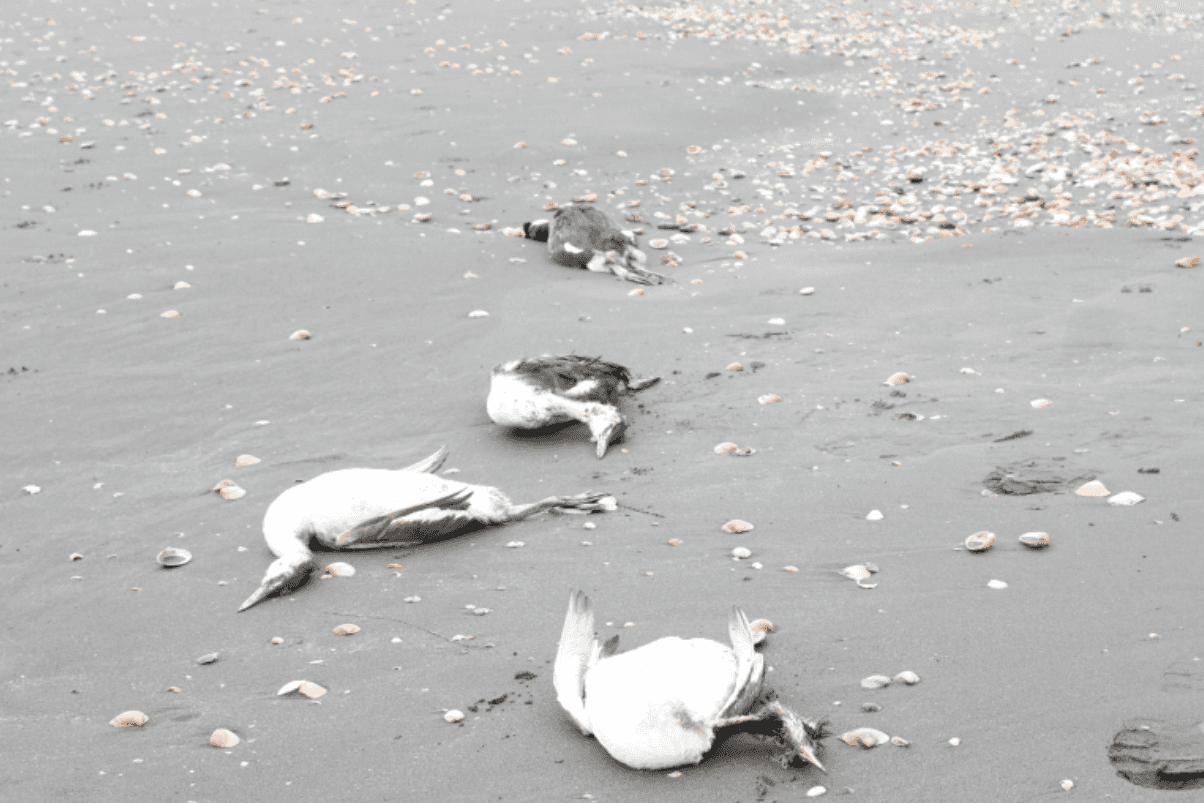
Azerbaijan has suspended its participation in the Parliamentary Assembly of the Council of Europe (PACE), after the body voted not to ratify the Azerbaijani delegation’s credentials.
On 24 January, 76 delegates voted in favour of excluding Azerbaijan over its human rights record, with 10 voting against and 4 abstaining.
Shortly before the vote, Azerbaijan’s delegation announced that it was suspending participation in and cooperation with the body indefinitely.
Reasons given in favour of the resolution included the country’s failure to fulfil obligations assumed on joining the Council of Europe, its violation of the organisation’s principles, human rights issues, and an increase in the number of political prisoners.
The resolution also cited a lack of cooperation with the assembly, as well as ‘serious concerns’ regarding Azerbaijan’s ability to conduct free and fair elections, issues regarding the independence of the judiciary, and ‘very serious humanitarian and human rights consequences’ relating to Azerbaijan’s blockade of the Lachin Corridor and attack on Nagorno-Karabakh in September 2023.
Speaking before the vote, members highlighted the arrest of economist and politician Gubad Ibadoghlu, as well as issues regarding media freedom in Azerbaijan, particularly the recent crackdown on AbzasMedia and others. While the arrested staff of AbzasMedia all face charges of smuggling foreign currency, they maintain that their arrests are actually related to their work, particularly investigations into corruption.
Azerbaijan has been a member of the Council of Europe since January 2001. The organisation, which includes 46 countries from across Europe, oversees among other institutions the European Court of Human Rights. The latest decisions by PACE and Azerbaijan would not remove the country as a member of the Council of Europe, with the decision concerning only its participation in the organisation’s parliamentary assembly.
Samad Seyidov, the head of Azerbaijan’s delegation, accused PACE of running a ‘smear campaign’ against the country, as well as exhibiting ‘Azerbaijanophobia and Islamophobia’. He further claimed that ‘political corruption, discrimination, ethnic and religious hatred, double standards, arrogance, [and] chauvinism’ had become ‘prevailing practice’ at the assembly.
Tensions between Azerbaijan and PACE have been building in recent years, intensifying following Azerbaijan’s September 2023 attack on Nagorno-Karabakh. After the PACE autumn session condemned the attack, Azerbaijan did not invite PACE members to observe February’s extraordinary presidential elections.
Anar Mammadli, a human rights activist and head of the Centre for Election Monitoring and Democracy Studies, an Azerbaijani democracy watchdog, noted that Azerbaijan’s state and citizens could still take advantage of the country’s membership of the Council of Europe.
‘Azerbaijan’s full membership in the Council of Europe can be restored through the release of political prisoners, implementation of European Court decisions, improvement of election legislation, liberalisation of laws that negatively affect the activities of media, civil society and political parties’, wrote Mammadli.









